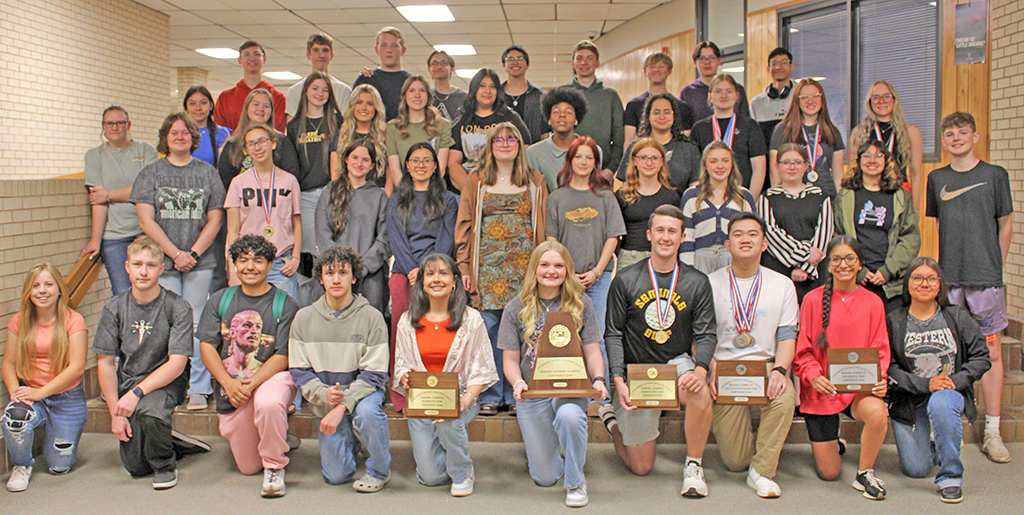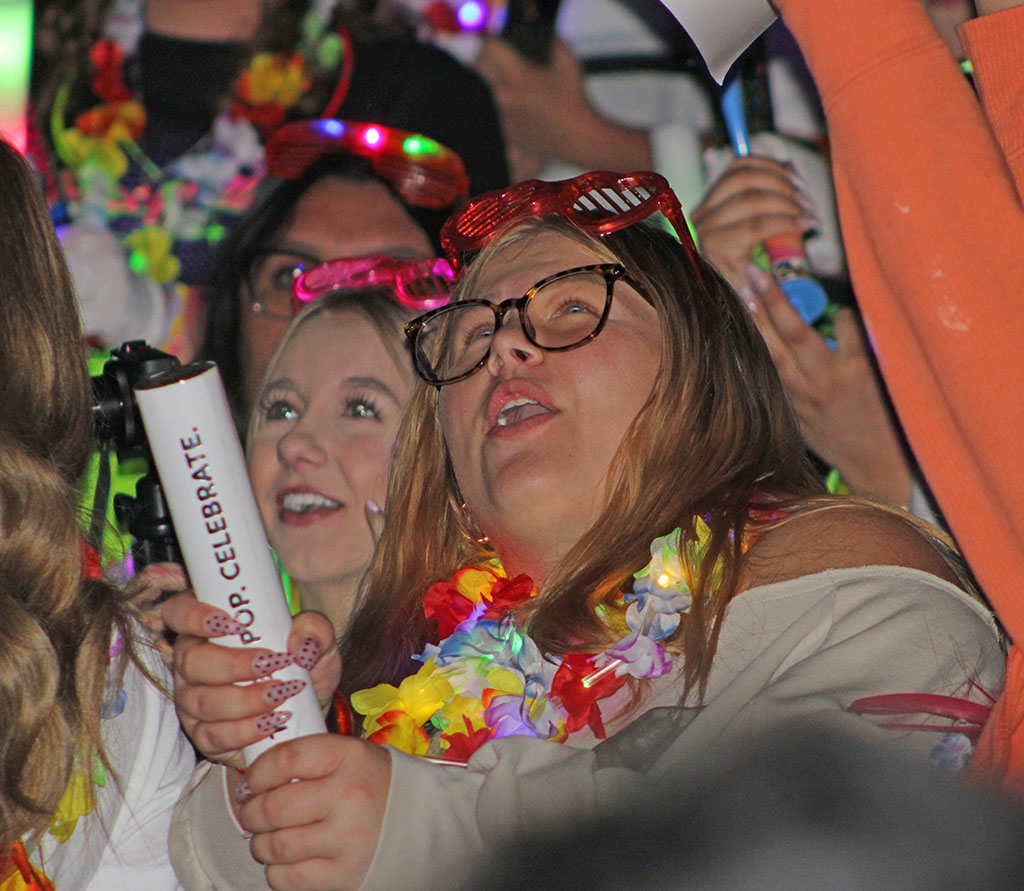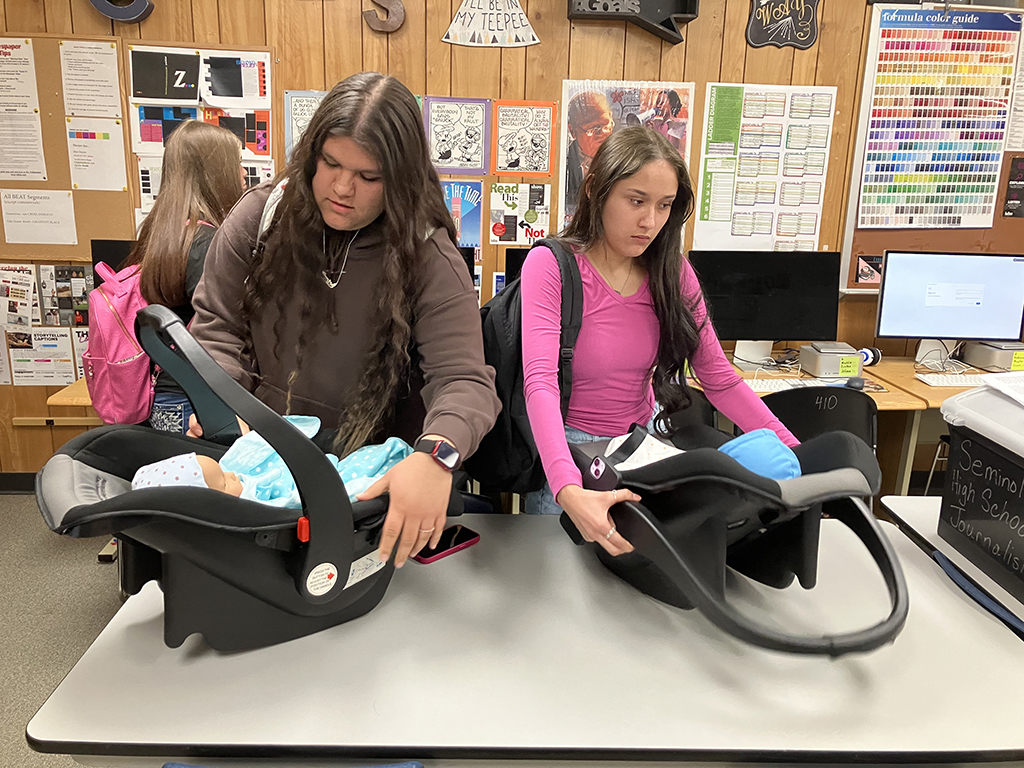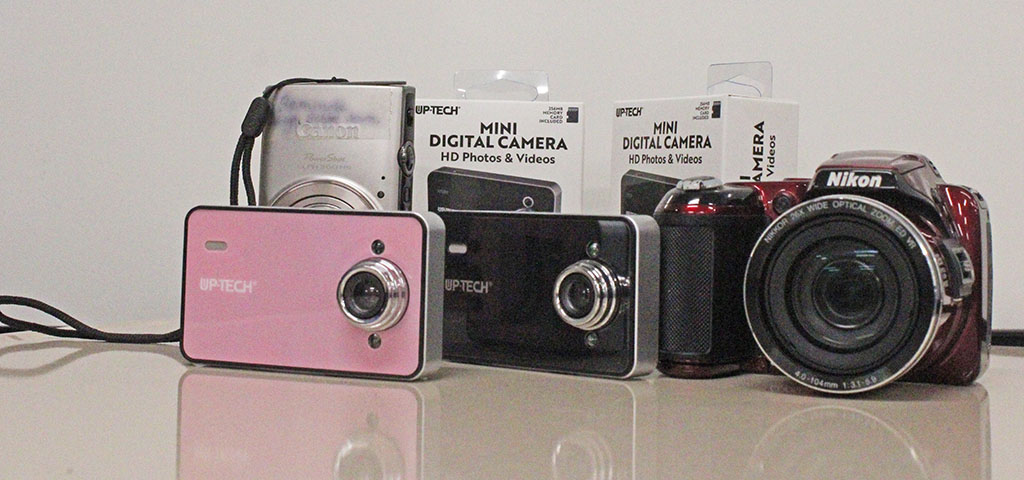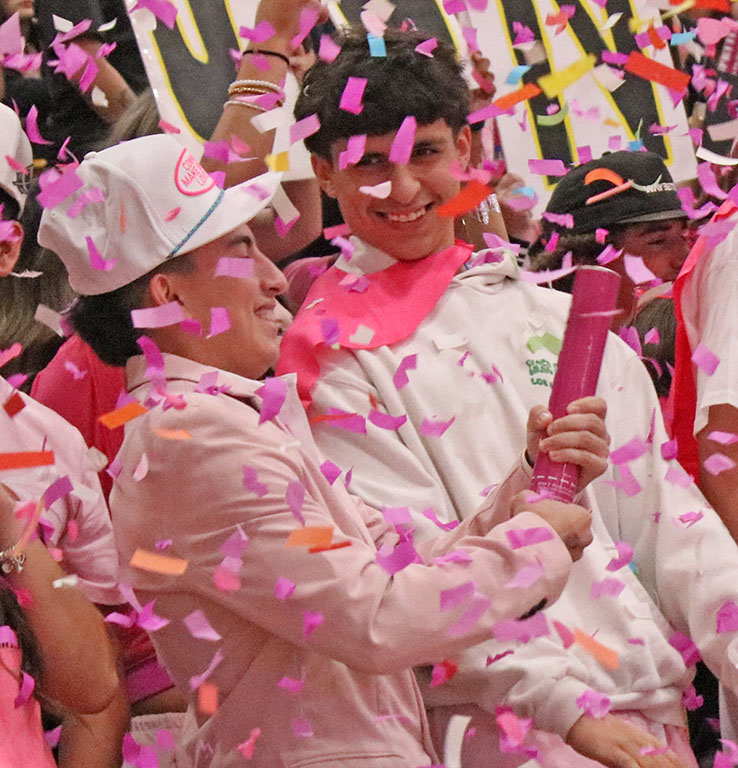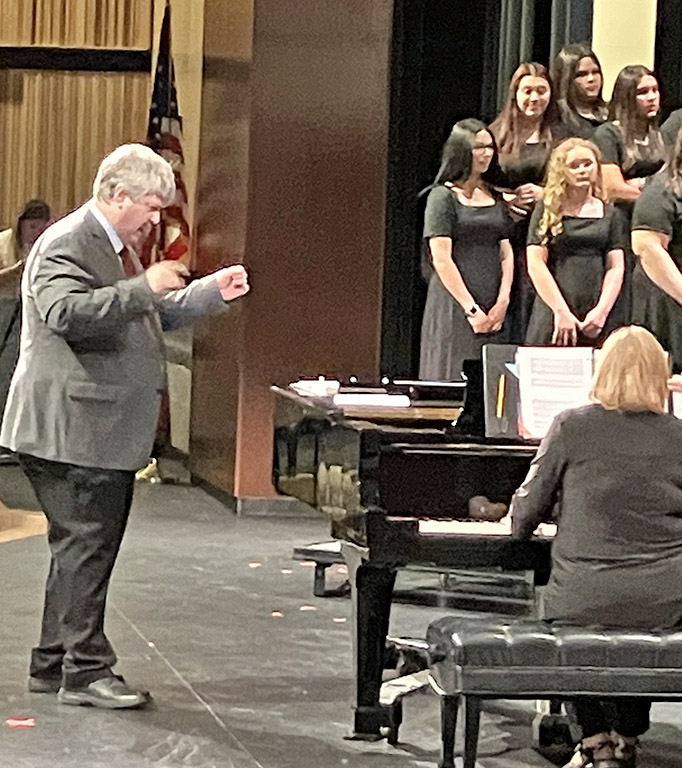I’M JUST SAYING: I’ve got some peeves over language

We all have our fair share of pet peeves. They may be minor annoyances, or they may be so irritating that they ruin your whole day. My personal pet peeve falls within the first category, and it’s quite a strange one. I have a strong distaste for informal language. Please stay with me and understand my concerns.
The English language is a wonderful concept. It uses thousands upon thousands of beautiful words that are always at our command. However, the English language doesn’t always gain the respect it deserves. Many people across the country stick to a limited vocabulary, settling for simple, bland words coupled with strange, unnecessary word use.
We tend to speak very strangely. We sprinkle in unnecessary words such as “like” and “you know” into our conversations, intentionally or not. Some may accept the use of these words and even think of them as ways to make our spoken sentences more interesting. When used in casual conversations, I can tolerate these linguistic oddities; however, when they’re used in formal writing, it certainly does peeve me.
I do not know how this pet peeve began. Is it because I write so much that seeing these oddities drives me insane? Am I so inherently pompous that I don’t realize it, and my emotions manifested this trait as a pet peeve? It certainly is a testament to how irrational this peeve seems if I can’t even come up with an explanation for its existence.
I can say this, however; as high schoolers, it is important that we expand our vocabulary to new heights. Not only will it help us achieve more and get an edge in English classes, it will also prepare us for our futures. After wrapping up high school, one will very likely be filling out various job applications to build his or her future. Having an expansive vocabulary will not only impress future employers, but it will also open up the pathways to a future in linguistics and similar careers.
Overall, I highly recommend that anyone reading this pick up a thesaurus and explore the wondrous possibilities of the English language. I also recommend taking your time when writing and avoiding using words such as like, uh, and you know. While these words may be commonplace in conversations, it is essential that one leaves them out of formal writing. Not only will the exclusion of these words make one’s writings look neater, but it will also amaze anyone who happens to read them.


